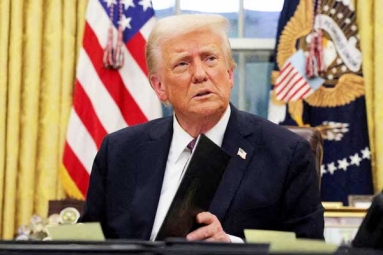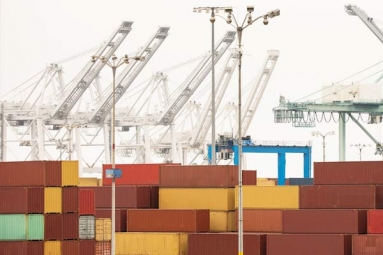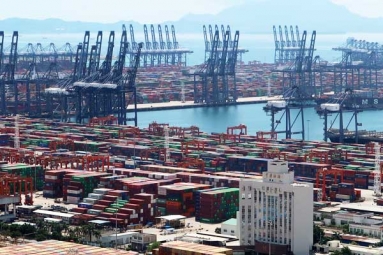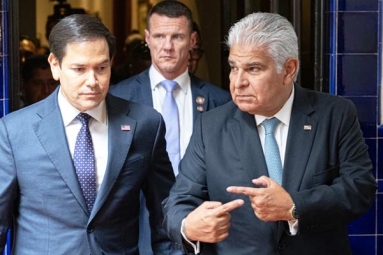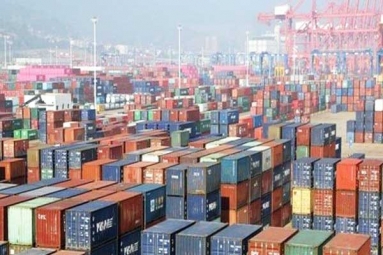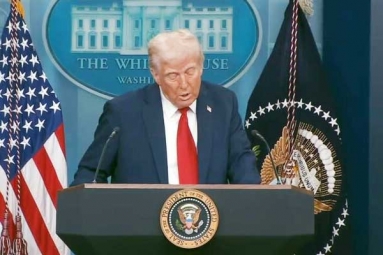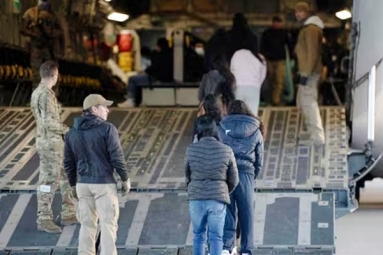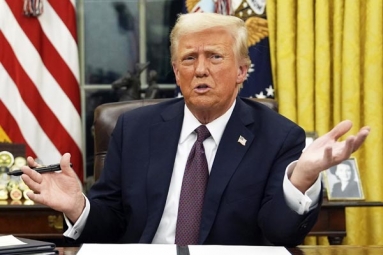
(Image source from: Anadolu Agency)
Trump administration on Monday announced new rules that would threaten to set back the citizenship hopes of millions of migrants mostly Hispanic who work for low wages and rely on public services for survival.
According to new rules announced by President Donald Trump, the government will deny permanent residency and citizenship to migrants who receive public health, food stamps, and other benefits.
The White House said the 22 million non-citizen residents of the United States who are using public services will not be able to obtain green cards or U.S. citizenship.
In addition, hopeful migrants will not be given resident visas if they are reckoned too poor and likely to need public assistance. "To protect benefits for American citizens, immigrants must be financially self-sufficient," Trump said in a White House statement.
The move adds to the Trump administration's broad assault on immigration. Thus far, the government made every attempt to crack down on illegal border crossers by elevating arrests and deportations of the estimated 10.5 million undocumented migrants who live in the country, two-thirds of whom have been existing for more than 10 years.
 (Image source from: Common Dreams)
(Image source from: Common Dreams)
In giving grounds for the rules, the White House said that "large numbers" of migrants "have taken advantage of our generous public benefits, limited resources that could otherwise go to vulnerable Americans."
It said that half of all non-citizen households include at least one person using the government-run health program Medicaid and that 78 percent of families led by a non-citizen with no more than a high school education use at least one benefit program.
"Through the public charge rule, President Trump's administration is reinforcing the ideals of self-sufficiency and personal responsibility, ensuring that immigrants are able to support themselves and become successful here in America," said Ken Cuccinelli, acting Director of the U.S. Citizenship and Immigration Services.
The new rules would apply to non-citizen residents who use public services frequently after October 15, 2019. The services that regard against an applicant include federal, state, and local cash and income assist, food stamps from the federal Supplement Nutrition Assistance Program (SNAP), Medicaid, and subsidized housing.
Cuccinelli underlined that the new rules did not apply to public assistance programs for children or pregnant women or emergency room care.
The changes to the "public charge" rules and the U.S. immigration system, by and large, have been in the works since 2018, as part of Trump's campaign to bring down both legal and illegal immigration.
By Sowmya Sangam







